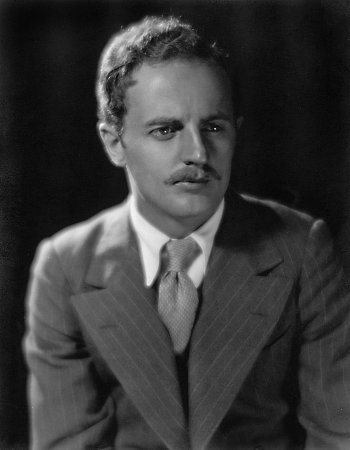Darryl F. Zanuck

Darryl F. Zanuck
Yapımcı
One of the kingpins of Hollywood's studio system, Zanuck was the
offspring of the ill-fated marriage of the alcoholic night clerk in
Wahoo, Nebraska's only hotel and the hotel owner's daughter. Both
parents had abandoned him by the time he was 13. At 15, he joined the
U.S. Army, and he fought in Belgium in World War I. Mustered out, he
kept himself alive with a series of desultory jobs -- steelworker,
foreman in a garment factory, professional boxer -- while pursuing a
career as a writer. He turned his first published story (for "Physical
Culture, " a pulp magazine) into a film scenario for
William Russell; his next
important sale was to Irving Thalberg.
Although often described as barely literate, Zanuck turned out to have
a knack for movie plots. After a well-paid apprenticeship with
Mack Sennett,
Syd Chaplin and
Carl Laemmle, Zanuck hit his stride by
devising (with Malcolm St. Clair) the
Rin Tin Tin series of police-dog movies for Warner Brothers. For
Warner, under his own name and three pseudonyms, he ground out as many
as 19 scripts a year and became head of production at age 23. He helped
forge that studio's style with such films as
Caz Mugannisi (1927),
The Public Enemy (1931) and
Ben bir pranga kaçağıyım (1932).
In 1933, after the Warners made it clear that Zanuck would never be
more than an employee, he quit to form Twentieth Century Films (with
backing from Louis B. Mayer and
Joseph M. Schenck). In 1935, Twentieth
absorbed a bankrupt giant, Fox. Zanuck ruled the combined studio for
decades. He became known as the most "hands-on" of the major studio
bosses, taking particular pride in his talent for remaking movies in
the cutting room. His signature productions were such sentimental,
content-laden dramas as
Vadim O Kadar Yeşildi Ki (1941),
Gazap üzümleri (1940),
and
Twelve O'Clock High (1949).
In the late fifties, Zanuck relinquished day-to-day control of the
studio, left his wife, and moved to Europe to concentrate on producing.
Many of his later films were designed in part to promote the careers of
his successive girlfriends, Bella Darvi,
Juliette Gréco,
Irina Demick and
Geneviève Gilles -- none of whom found
much favor with directors or audiences. After the success of
En uzun gün (1962), Zanuck
returned to run 20th Century-Fox; he promoted his son,
Richard D. Zanuck, to head of
production, then engineered his firing in a messy boardroom brawl.
Within a few months, in May 1971, Zanuck himself was deposed. He was
the last studio boss of his era to go down.
Faaliyetler
Yorumlar














